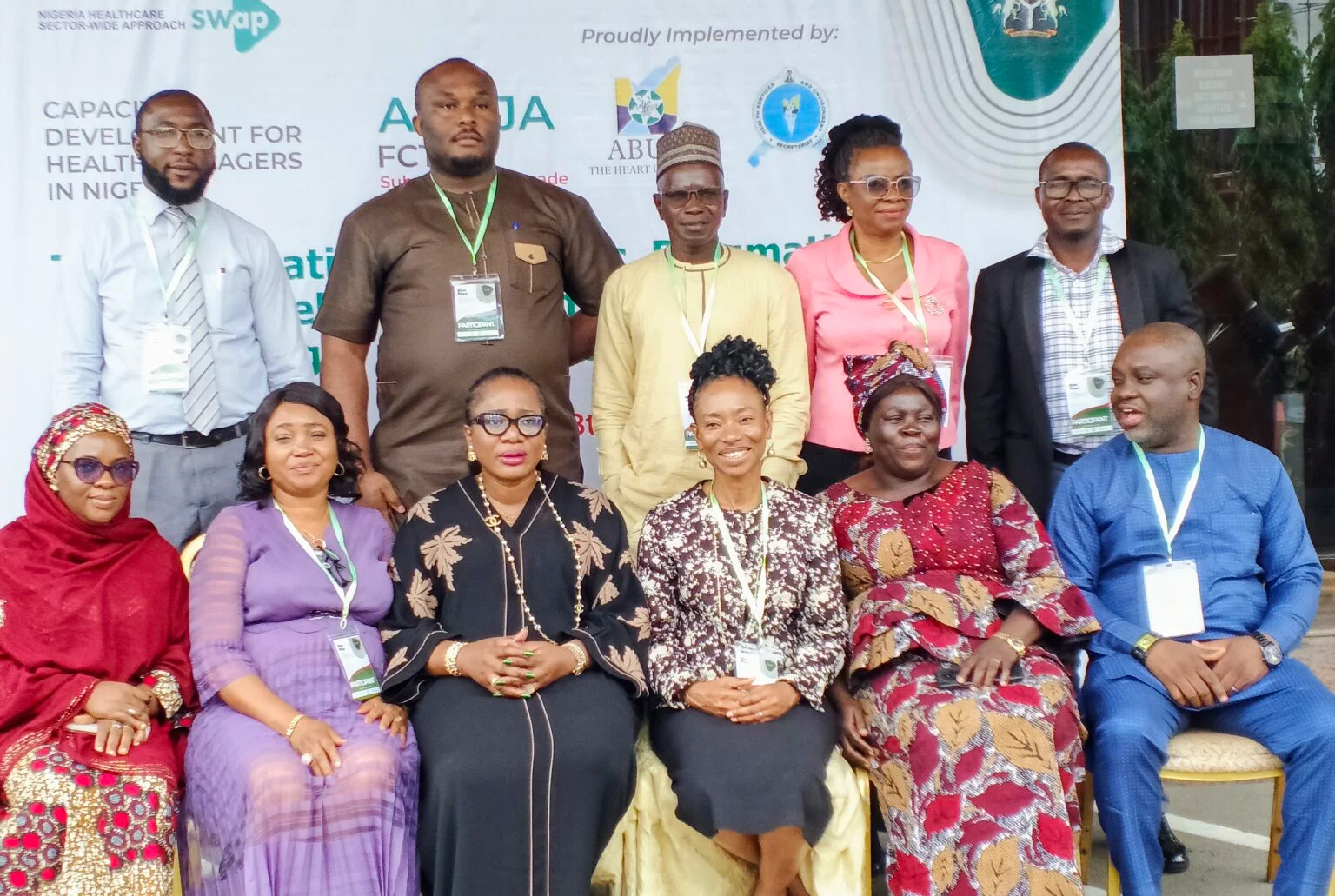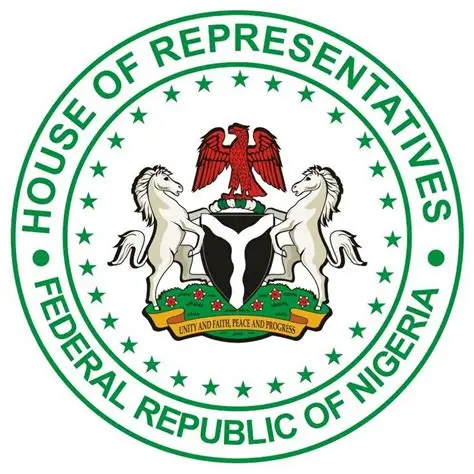Oyo Govt., UNICEF boost immunisation uptake through football competition
By Olatunde Ajayi
The Oyo State Primary Health Care Board (OYOPHCB), the United Nations Children’s Fund (UNICEF), and Femben Football Academy on Thursday emphasised importance of fathers participation in immunisation of their children.
The Executive Secretary, OYOPHCB, Dr Muideen Olatunji, said this during the final of UNICEF awareness football tournament and advocacy visit to the Aseyin of Iseyin, Oba Sefiu Oyebola, and the traditional council in Iseyin.
Olatunji said that impact of fathers as head of family would lead to wide embrace of immunisation programme in communities in the state and Nigeria generally .
The News Agency of Nigeria(NAN) reports that the programme tagged “Kick Zero Dose and Polio Away, One Goal at a Time”, sponsored by UNICEF aimed to bring men together to sensitise them to support their wives to get their children immunised.
Olatunji said that the aim of advocacy visit was to build relationships with traditional leaders who are seen as custodians of social norms to level their relationship to promote routine immunisation in the state.
He said that a lot of diseases that contribute to child mortality could be prevented through antigens which are delivered through immunisation.
The Executive Secretary said that OYOPHCB was set to commence the integrated Measles Rubella vaccination exercise scheduled to start from Oct. 4 to Oct. 14, with additional two days for mop up exercise.
According to him, the vaccination has a target of over three millions children in the state and designed to protect large number of children from nine months to 14 years, and also to bridge gaps of those who have never received Rubella vaccine.
He also said that the administration of the Measles Rubella vaccine would be routine like every other after the two days mop up exercise.
Olatunji commended Oba Oyebola, for his supports toward OYOPHCB, and UNICEF programmmes in Iseyin.
He added that the royal father’s gesture to personally pay health insurance subscription for indigenes has increased indigenes’ visit to health facilities.
Also, a Social and Behaviour Change Specialist from UNICEF’s Lagos Field Office, Mrs Aderonke Akinola-Akinwole, said that the football tournament was community led and a community focused intervention to increase male involvement in routine immunisation.
“One of the gaps we have identified in the state is that most times, women are saddled with the responsibility of taking their children for vaccination but if we don’t get consent of fathers, we may not be able to get enough children immunised.
“Most times, when we have rejections to immunisation, mothers would tell us that the fathers have not given consent.
“Our focus is to reach the duty bearers for children, as UNICEF, our interest is in children, for us to reach the children, we have to reach them through their parents and to reach their parents we have to go through the traditional institution that the parents respect.
“If we bring vaccination closer to children, we also need to bring the parents closer to vaccination. We appreciate what they have been doing in mobilising parents to bring their children to primary healthcare centres for routine immunisation.
“That is the reason why we are using the football tournament as a tool and instrument to drag men to become actively involved in their children’s immunisation, “she said.
Oba Oyebola commended the state government for renovating the primary healthcare centres in Iseyin, and UNICEF for championing efforts toward the wellbeing of the indigenes.
Earlier, the Head Coach of Femben Sports Academy, the tournament consultant , Coach Femi Olatunji, said that the reason behind the tournament was to use football to gather men, to encourage them to allow their wives to go for vaccination of their children.
He lauded UNICEF for deploying sports as a new innovation to pass the message of immunisation across to the men to educate them on the need to support their wives to go for immunisation of their children.
“The football field is one of the places where we can see 500 to 1000 men gathered together, this tournament provides access to educate men in large numbers to be actively involved in children immunization programmes, “he said.
NAN reports that Iseyin United emerged winner of the tournament after defeating New Starlet FC from Ibadan by 1– 0 at Iseyin township stadium.(NAN) (www.nannews.ng)
Edited by Bayo Sekoni











